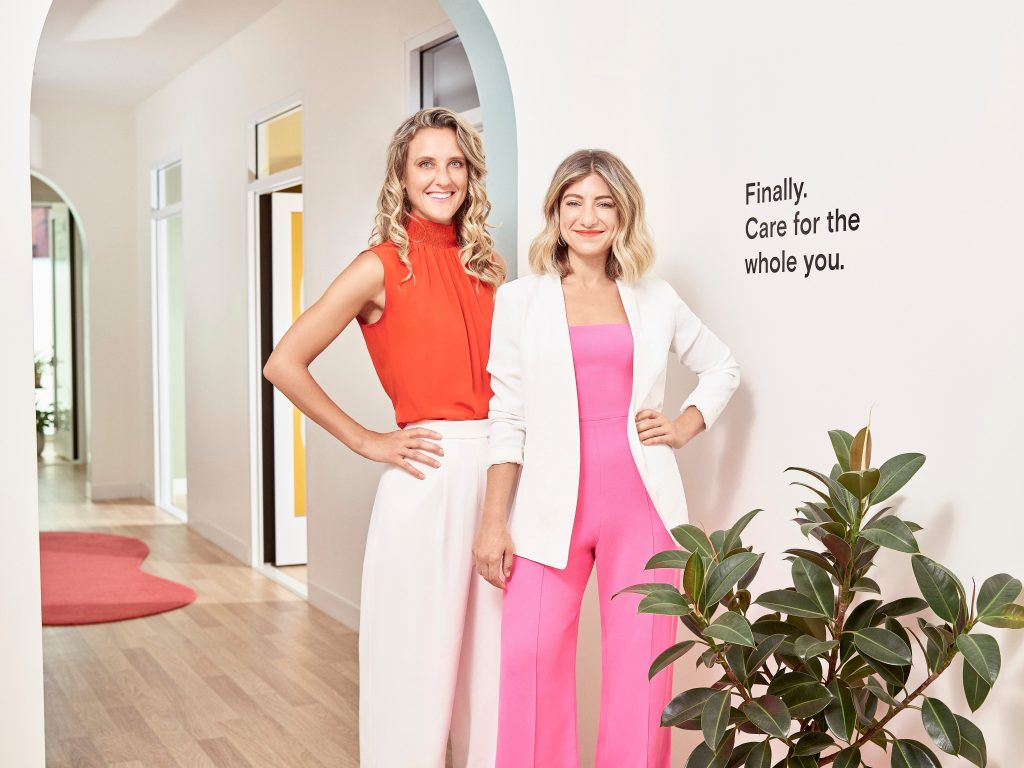- Startups have raised billions on the promise of disrupting healthcare.
- To win over investors, startups often present their businesses through a slide deck.
- Here are the presentations obtained by Insider that healthcare startups have used to raise millions.
- See more stories on Insider's business page.
In the past few years, investors have bet billions on healthcare startups looking to disrupt the industry.
In 2021, healthcare startups raised $86 billion in venture capital, according to Silicon Valley Bank.
Winning over investors can be a long process, and it often involves a slide deck that lays out what the startup does, and where the company is heading.
Insider rounded up all the presentations we've published that healthcare startups have used to raise cash from investors.
Early on, startups sell investors on often newly-tested ideas
When startup founders pitch investors ahead of a seed or Series A round, they haven't gotten far off the ground.
Presentations can be helpful at laying out the approach that startup is taking, or plans to take.
For instance, check out the 13-slide presentation heart-health startup Miga Health used to raise $12 million in seed funding.
Others can use the presentations to share their new approaches, like Vori, which raised $45 million for a former neurosurgeon's approach to solving Americans' back pain.
They can also show how a startup might stand out in a competitive field. Brightside used this presentation to break through a crowded field of mental health startups and convince VCs to invest $24 million.
You can see more presentations below.
Read more:
Here's the 17-slide presentation Circles used to raise $16.5 million for group counseling
This 10-slide presentation convinced top VC firm NEA to invest $20 million in its first clinical operations startup
See the presentation microbiome startup Seed Health used to raise $40 million
By Series B, startups are looking for a chance to grow big
By their Series B rounds, startups are raising higher sums at higher valuations. They're often still early into their existence and are looking for ways to get big.
For instance, Devoted Health raised $300 million at a $1.8 billion valuation in 2018 before it had signed on any customers.
Women's healthcare startup Tia used this 30-slide presentation to raise $100 million one year after losing all its revenue 'overnight' because of COVID-19. As part of the funding, Tia plans to use the funding to expand its in-person clinics in new locations.
Swift Medical, an imaging startup for wound care, used this presentation to raise $35 million in its Series B. The funding could help the startup expand into more areas of wound care.
Meanwhile tech startup Stellar Health raised $60 million from General Atlantic with this presentation with its approach of rewarding doctors for providing better care.
Read more:
Late-stage rounds can give startups the fuel to scale or gear up for a public debut
The presentations used to secure later rounds of funding can be used to show investors how far the startup's come, and what's ahead.
Often, the investors start to look different as well, and startups can find themselves pitching asset managers or industry incumbents, like health insurers.
For instance, Tiger Global and Blackstone backed decentralized trials startup Medable in its Series D.
Tiger Global — alongside health insurer Humana — also backed the at-home healthcare startup Dispatch Health in its Series D.
Insurer Centene has backed some later-stage rounds, including Hazel Health's Series C and Vida Health's $110 million round. The upstart shared the presentation that helped it raise the funds toward a new vision for the hardest kind of healthcare.
And Cedar used its Series C presentation to lay out the businesses it plans to tackle next.
The presentations at this stage can help land startups like Aledade high valuations. Aledade raised $100 million in a round that valued the company at $2.1 billion.
Sometimes, if the founder is well-known, companies might even get unsolicited funding. This happened to Glen Tullman's new startup Transcarent, which raised a $200 million Series C round that valued the company at $1.62 billion.
The funding rounds, such as Moderna's pitch to investors in 2017, can come shortly before plans to go public. Moderna made its public debut in 2018.
Read more:
